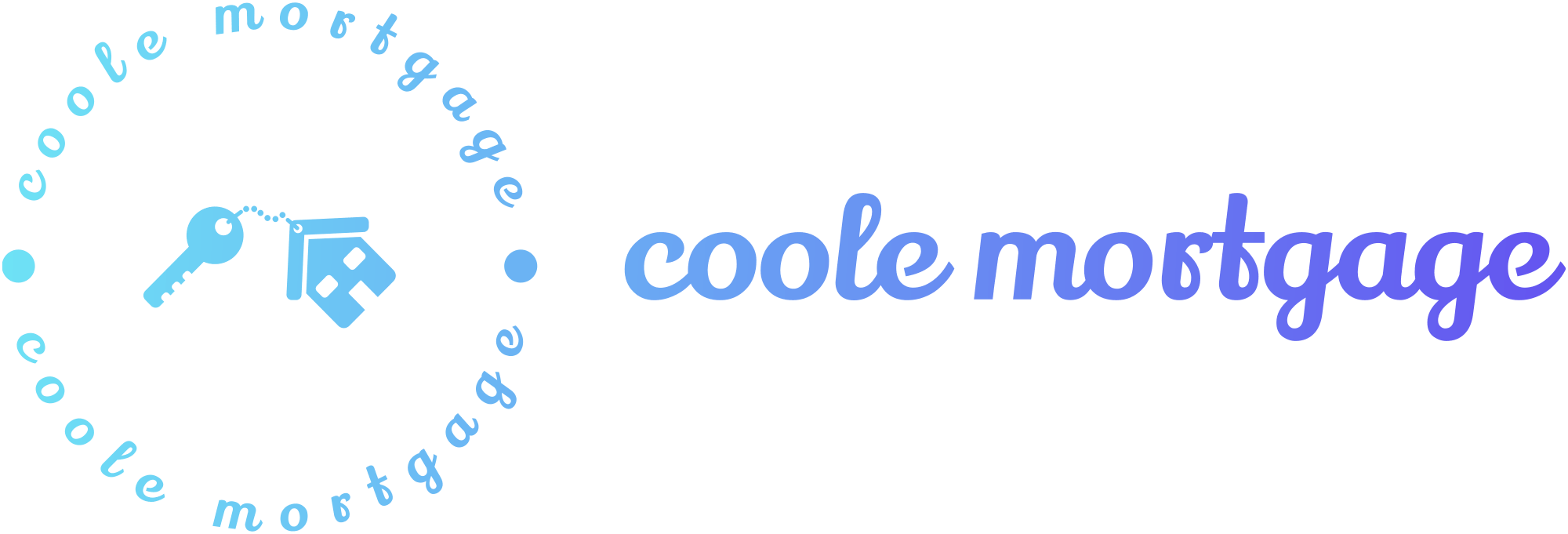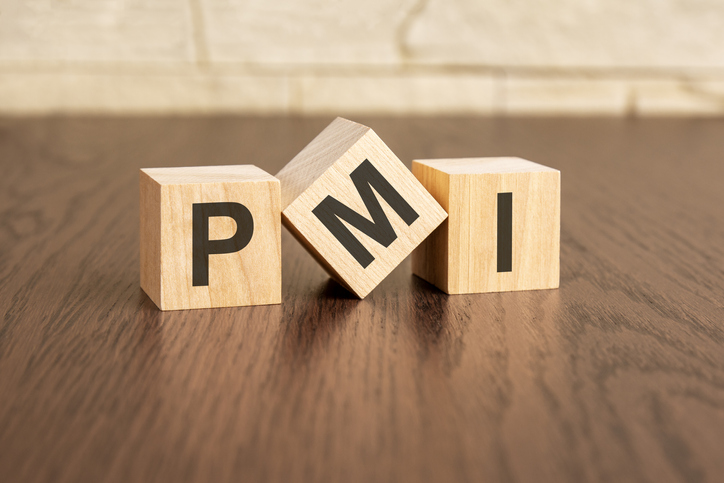the Home Inspection Process
When it comes to buying a home, the home inspection is a crucial step that should never be overlooked. For many, purchasing a property is one of the most significant investments they will ever make. A thorough home inspection can be the key to ensuring that this investment is sound and secure. It’s not just about identifying potential problems; it’s about gaining a deep understanding of the property’s condition and foreseeing any significant expenses that might arise in the future.
This guide aims to demystify the home inspection process for potential home buyers, especially those who are navigating this journey for the first time. We’ll explore what exactly a home inspection entails, why it’s essential, and how it differs from an appraisal. You’ll learn how to select a qualified home inspector, what to expect during the inspection, and how to interpret and act on the findings.
Understanding the nuances of a home inspection can provide you with the peace of mind you need to proceed with your home purchase. It’s a powerful tool that not only safeguards your investment but also empowers you to negotiate better and prepare for future homeownership responsibilities.
Let’s dive in and explore how you can navigate the home inspection process with confidence and clarity.
What is a Home Inspection?
A home inspection is an in-depth, professional assessment of a property’s condition. Conducted by a certified home inspector, it involves a meticulous examination of the property’s physical structure and mechanical systems. The inspector evaluates everything from the roof to the foundation, including heating and cooling systems, electrical work, plumbing, insulation, and more. This comprehensive process is designed to identify any existing defects or potential safety issues within the home.
The Purpose of a Home Inspection
Risk Assessment: The primary objective of a home inspection is to identify any current or potential problems with the property. These can range from simple aesthetic concerns to complex structural challenges that could require significant investment to address.
Informed Decision Making: The detailed report provided by a home inspector gives buyers a clearer understanding of the property’s condition, enabling them to make a well-informed decision about their purchase. It can also serve as a valuable tool in negotiating repairs or adjusting the sale price.
Home Inspection vs. Appraisal
Distinct Functions: It’s important to distinguish a home inspection from an appraisal. An appraisal is conducted for the lender to determine the property’s market value, whereas a home inspection is performed for the buyer’s benefit, focusing on the condition and safety of the home.
Focus on Condition: Unlike appraisers, who are concerned with valuing the property, home inspectors meticulously assess the physical state of the house, highlighting any issues that may affect its livability or future repair costs.
Scope of a Home Inspection
Comprehensive Review: A standard home inspection methodically reviews various components of the home. This includes the structural integrity, roof condition, foundation stability, electrical system, plumbing, HVAC system, and other critical aspects.
Beyond Aesthetics: The inspection delves deeper than surface-level appearances, scrutinizing the operation and safety of the home’s integral systems.
home inspection limitations
- Non-Invasive: Home inspections are visual and non-invasive; inspectors do not dismantle parts of the structure or systems for examination.
- No Guarantees: While comprehensive, an inspection cannot forecast all future issues or uncover every possible defect, especially in areas not readily accessible.
Choosing a Home Inspector
A qualified inspector can provide you with an accurate assessment of the property’s condition, potentially saving you from costly surprises down the line. Here’s how to ensure you choose the right professional for the job.
Look for Qualifications and Certifications
Check Experience and Specialization
TIP – Review Sample Reports
Assess Communication Skills
Effective Communication: Choose an inspector who communicates clearly and is willing to discuss their findings. A good inspector should be able to explain complex issues in simple terms.
Compare Costs of the home inspection
Fair Pricing: Compare prices, but remember that the cheapest option may not always be the best. Consider the value of a thorough, accurate inspection.
check out the Reviews
Online reviews and testimonials can provide insight into the inspector’s reliability and performance.
Additional Resources for Home Buyers on Coole Mortgage
For home buyers seeking more information, Coole Mortgage offers a variety of articles that can further assist in your home buying journey. Here are some additional resources available on our website:
- Home Purchase:
- Private Mortgage Insurance: An in-depth look at PMI, its costs, and implications.
- Government-Backed Home Loans: A guide to loans backed by the government, such as FHA and VA loans.
- Fixed-Rate Mortgage: Understanding the pros and cons of fixed-rate mortgages.
- Role of Real Estate Agents: How real estate agents can facilitate your home buying process.
- Mortgage Pre-Approval: The process and benefits of getting pre-approved for a mortgage.
- First-Time Home Buyer Mistakes: Common errors first-time buyers should avoid
These articles are designed to provide comprehensive and helpful information for both first-time and experienced home buyers. Visit Coole Mortgage’s blog for more insights and guidance on your home buying journey.
The Home Inspection Process
Understanding what happens during a home inspection can help you, as a home buyer, be more prepared and informed. Here’s what you can expect during the process and the key areas that are typically inspected.
What to Expect
- Duration: A typical home inspection lasts between two to four hours, depending on the size and condition of the home.
- Inspector’s Role: The inspector will conduct a thorough examination of the property, both inside and out. They usually follow a systematic approach, covering all major components of the house.
- Buyer’s Participation: While not required, it’s beneficial for you to attend the inspection. This allows you to see the condition of the home firsthand and ask questions.
Key Areas of inspection
The home inspection is not just a formality; it’s a critical evaluation of the potential new home’s condition. The inspector’s findings can influence your decision to purchase, negotiate the price, or even walk away if serious issues are discovered.
Structural Components
The inspector checks the foundation, floors, walls, ceilings, and roof structure for signs of structural problems like cracks, sagging, and misalignment.
Roof
The condition of the roof, including shingles, flashing, skylights, chimneys, and gutter systems, is assessed for leaks, age, damages, and life expectancy.
Exterior
This includes examining the siding, windows, doors, decks, porches, and driveways, looking for issues that might require repair or pose safety hazards.
Electrical System
The inspector evaluates the electrical panel, wiring, outlets, and switches for safety and current code compliance.
Plumbing
Plumbing fixtures, pipes, water heater, and sewer lines are checked for leaks, proper function, and quality.
HVAC
The operation of the home’s heating and cooling system is tested to ensure functionality and efficiency.
Interior
Inspection of walls, ceilings, floors, windows, and doors for condition and operation. This also includes checking insulation and ventilation.
Kitchen and Bathrooms
The inspector looks at appliances, fixtures, and the general condition of these areas.
Additional Inspections
Specialized Inspections: Depending on the initial findings or specific concerns, you might need additional inspections like radon testing, termite inspection, or a sewer scope.






